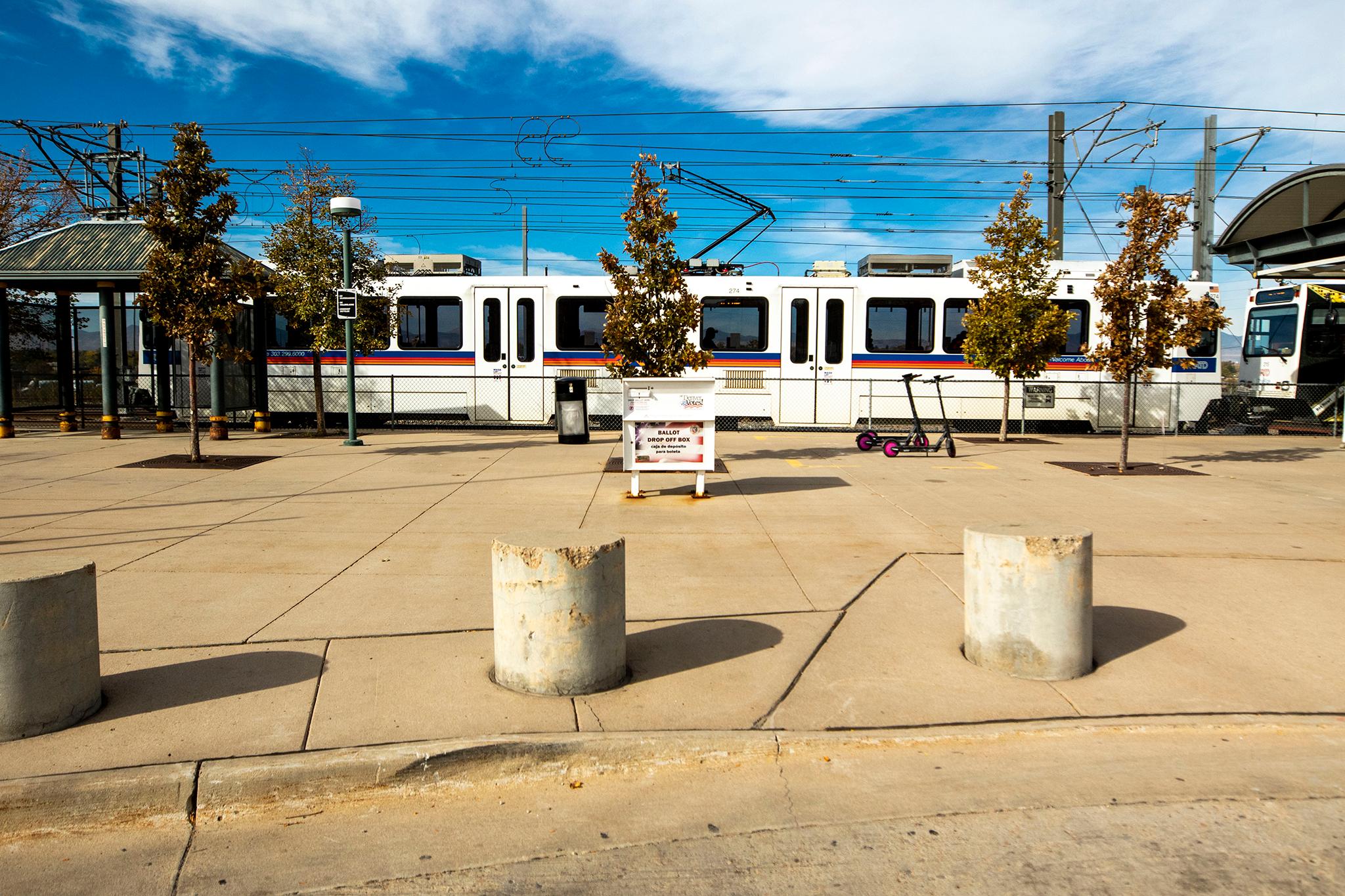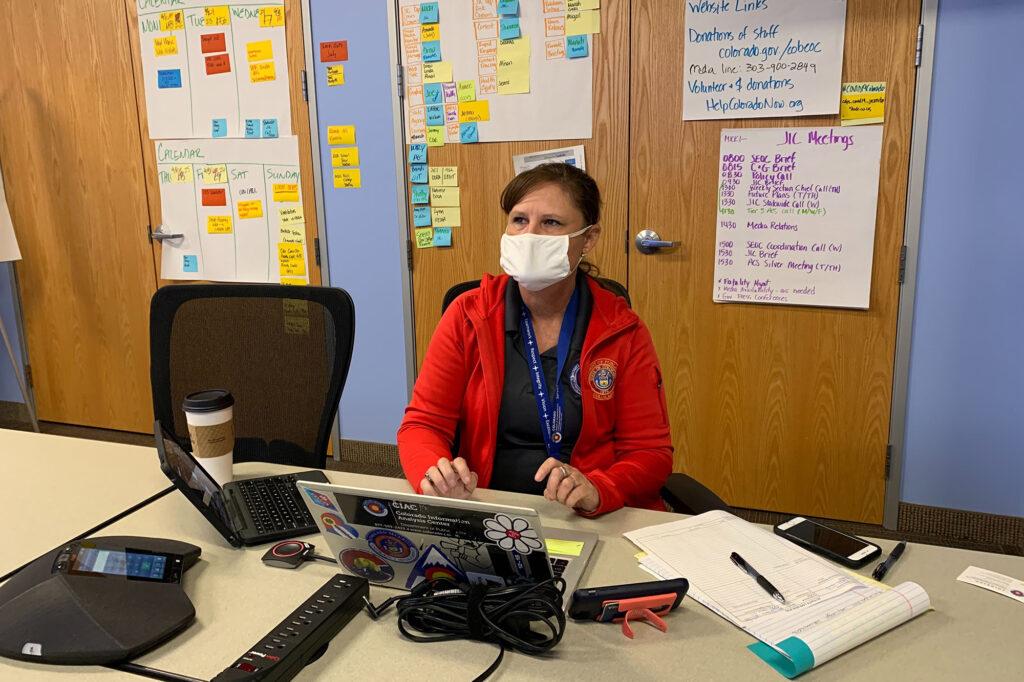
For federal and state officials trying to thwart voting shenanigans during one of the most contentious presidential election seasons in memory, there are plans for both before and after the last vote is cast on Election Day.
Before Nov. 3, officials are watching for “malign influence” — foreign actors, especially China, Russia and Iran, looking to sow chaos, gin up tension, and make people apprehensive to drop off a ballot or go vote. Most of that would take place via the internet, through social media networks.
Federal intelligence agencies this week said voters in Florida and Alaska had received emails threatening violence unless they voted for President Trump that may have come from Iran. Officials from Colorado’s state and federal agencies said there was no evidence anyone in Colorado got the emails.
State and local election officials have described Colorado’s ballots as safe from external hacking because votes are recorded on paper and the tallying isn’t connected to the Internet.
Locally, they are eyeing Americans doing this too, people intentionally posting false reports on social media — the sources of which could be foreign — about intimidating people at ballot drop boxes.
Then there is after Nov. 3, when law enforcement and government officials are preparing for potential violence, rioting, street disruptions since, as U.S. Attorney Jason Dunn put it, “essentially there’s going to be half the country unhappy with the election results of the presidential race.”
“Our ultimate hope is that it’s a quiet and boring night,” Dunn said. “Fortunately, we’re not seeing any specific signs that anyone is planning anything … but obviously we need to be prepared.”
State officials this week met at the state’s Emergency Operations Center for a tabletop exercise to prepare for pre- and post-election day chaos — should it break out.

The first fake situation: Various state employees receive emails on Nov. 2 that appear authentic from city, county and state departments that link to election projections on a Google site. Multiple state employees download an app and it shuts down the state’s Google services.
The second fake situation was less subtle. There is a giant snowstorm on Nov. 3 with reports of vandalism at drop boxes around the state and protesters blocking voter access to polling stations and drop boxes. There is also a “mass casualty event,” likely a huge car crash, gumming up Interstate 25 southbound due to the snowstorm.
“We’re going to discuss our preparedness,” Cindy Von Feldt, a state emergency program officer, told the dozens of state officials gathering remotely on Zoom for the meeting. “We know the current political environment may result in an increase in civil unrest leading up to the election and through the release of the election results. Misinformation or active disinformation campaigns … they exist.”
State officials declined to allow a reporter to watch the entire exercise to see how they plan to deal with either the before or after scenarios.
Kevin Klein, the state director of Homeland Security and Emergency Management, said the exercises are important because, though everything has been relatively calm in Colorado so far, there are still unknowns heading into Election Day.
“There’s a lot of extra tension that’s apparent and we want to make sure we’re ready for those threats,” Klein said. “There tends to be a lot of rhetoric and there tends to be people who may act on that … We’re going to prepare for it.”
Dunn’s office, working in coordination with the local Federal Bureau of Investigation, said foreign interference in elections is not new, but it’s taking different shapes this year. They’ve seen posts on social media about rallies and protests that potentially could be planted by foreign actors, but shared by regular people so it gets by social media monitors.
If someone threatens violence, even if it’s fake, it could be a federal civil rights violation — particularly if it’s race-based, Dunn said. Or, people who try to influence votes or convince or intimidate people using social media to vote on the wrong day, for example — that, too, could be a federal crime.
“We’re seeing more attempts this time around,” Dunn said. “I think it appears that Iran has upped its game in terms of trying to influence the election … There is certainly an increased effort here.”
Dunn also said he’s worried about “the level of acrimony” this time around.
“Fortunately we’re not seeing any specific threats in Colorado,” he said. “We have our eyes on groups on both ends of the spectrum.”








